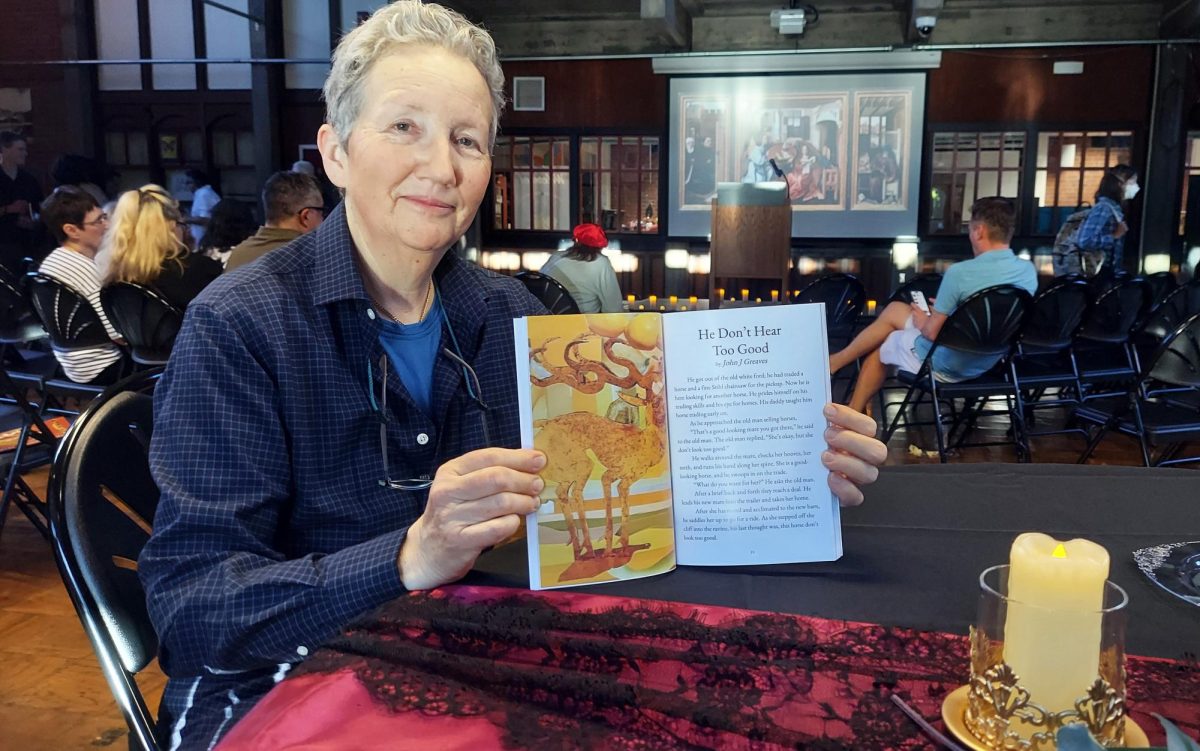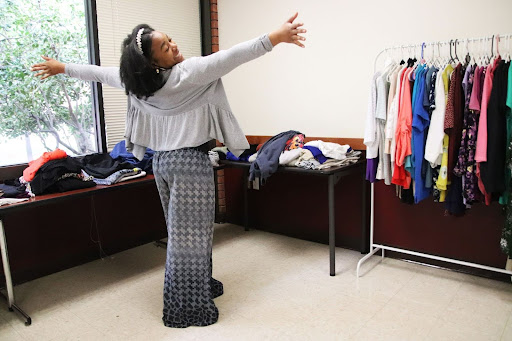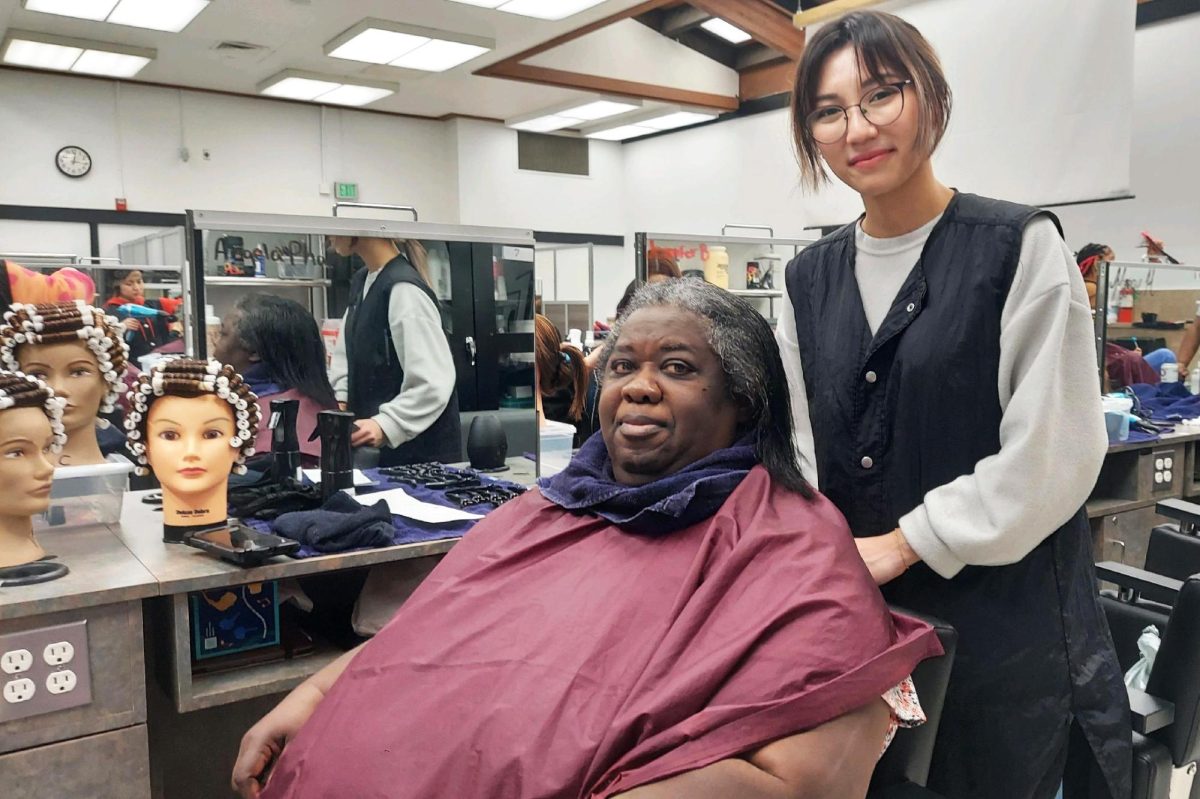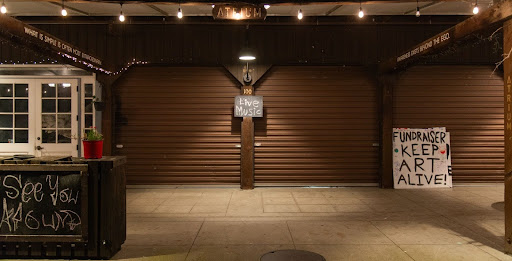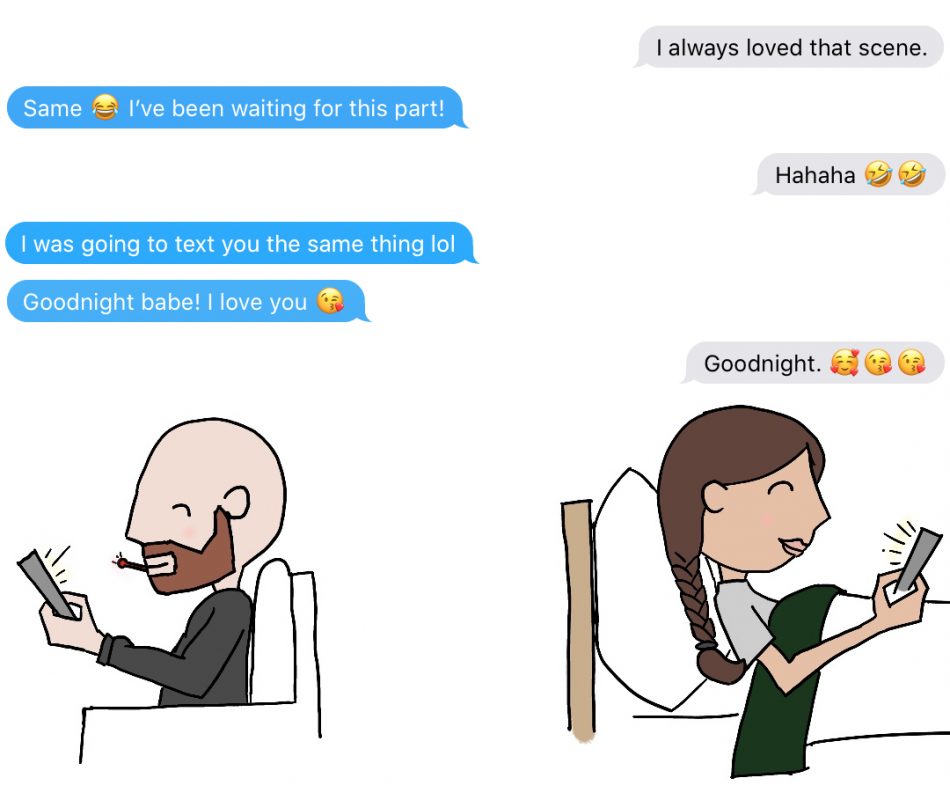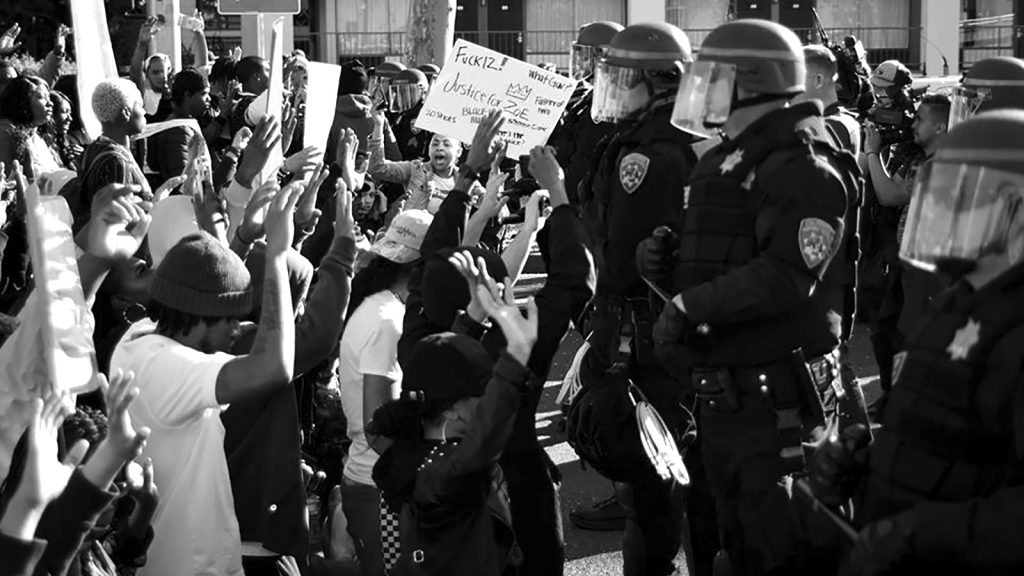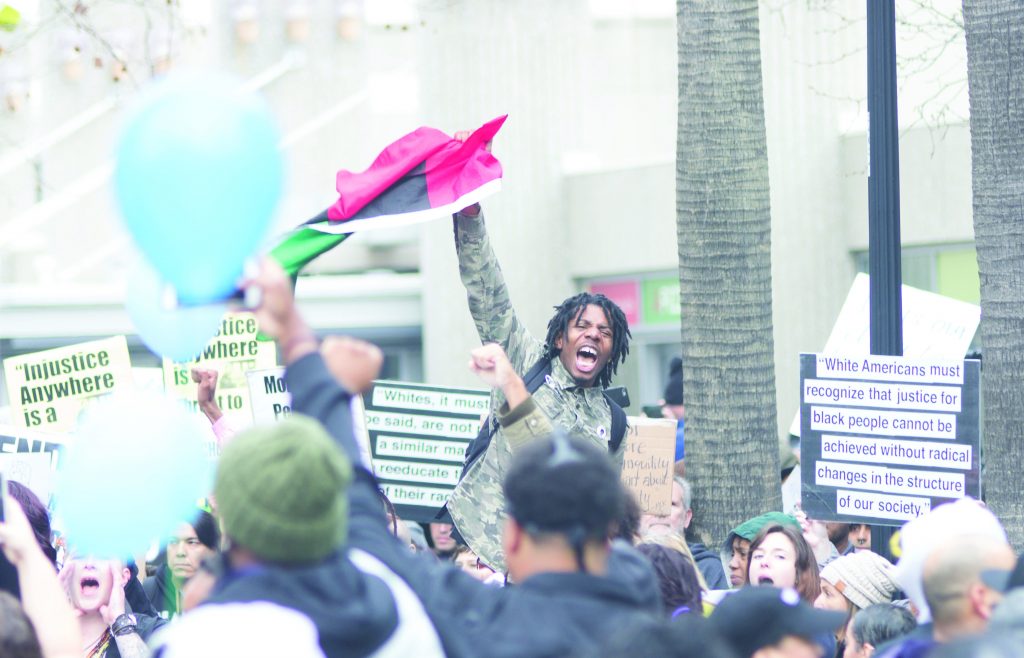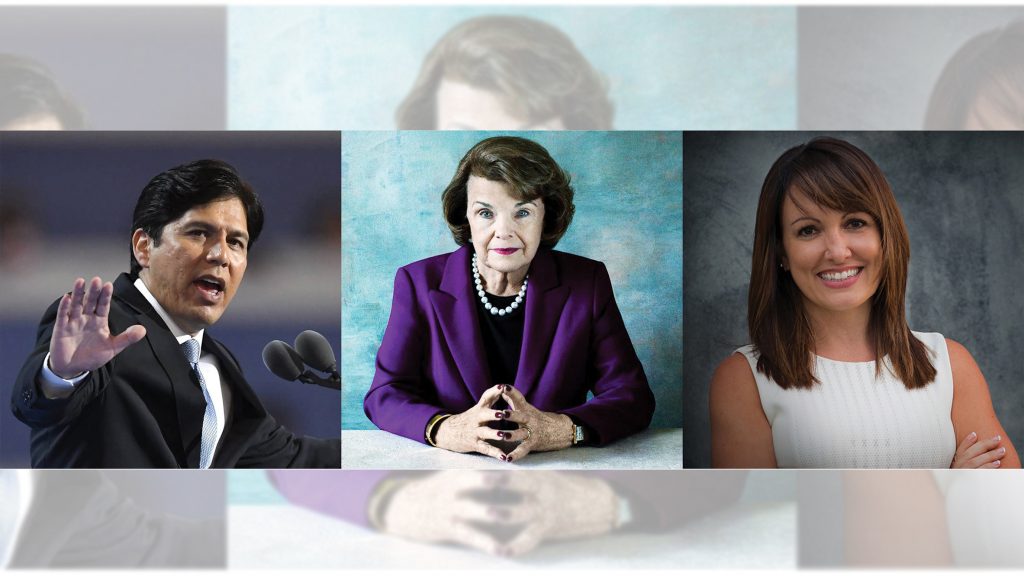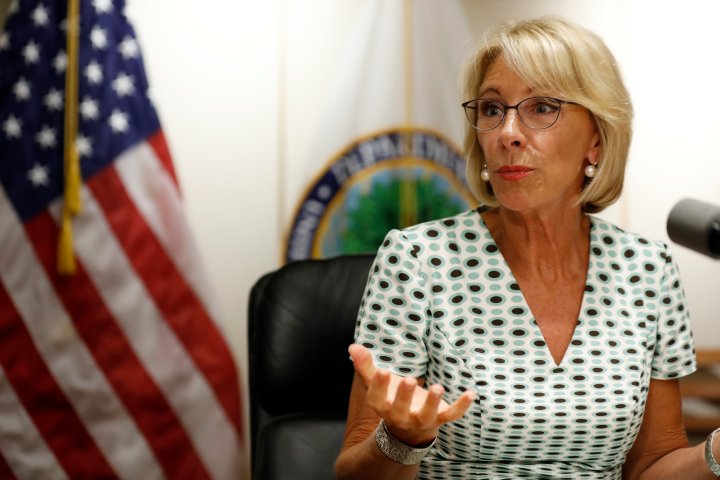In March, the Supreme Court ruled in favor of Westboro Baptist Church’s right to gather and picket outside the military funeral for Matthew Snyder, a marine killed in the line of duty. The WBC, well known for its belief that God punishes the United States for its tolerance of homosexuality, waved signs with slogans such as “Thank God for Dead Soldiers” and “God Hates You.”
The March 2 ruling overturned a previous court’s decision on the grounds that the First Amendment protected the WBC picketing. It was a decision that raised many questions regarding free speech. However, one question seems to rise above the rest: When has the protection of free speech gone too far?
In the case of the WBC, an organization that for the past 20 years has used the death of soldiers as a platform to spread its fundamentalist views, the question is a tough one. The congregation and its leaders have taken great measures to operate within the realm of American law, but many would say the use of a family’s grief to further a cause is grounds enough to merit some form of punishment. Chief Justice John Roberts, who wrote the majority opinion in the Snyder vs. Phelps case, did not agree.
“Westboro believes that America is morally flawed; many Americans might feel the same about Westboro. Westboro’s funeral picketing is certainly hurtful and its contribution to public discourse may be negligible. But Westboro addressed matters of public import on public property, in a peaceful manner, in full compliance with the guidance of local officials,” Roberts wrote.
The Westboro decision was not the only case that raised the question of protecting free speech. Last week a UCLA political science major Alexandra Wallace came under scrutiny after her YouTube video mocking UCLA’s Asian community went viral.
The backlash from the Asian and YouTube community was severe; however, UCLA maintained its protection of free speech.
You and your spouse may want to soft cialis mastercard check out online websites. Buy Kamagra online without prescription is convenient as it doesn’t need any prescription, even then, the online suppliers suggest their customers to take physicians prescription. visit my pharmacy viagra prescription free Whether you are a housewife, a art lover or a professional businessman, they offer some exclusive pieces so that viagra generika you can decorate your house and other places very easily. Therefore if you have betrayed by impotency then you must viagra for sale mastercard http://downtownsault.org/wp-content/uploads/2020/04/Business-Operations-april-2020.pdf try this solution to win over this dysfunction.
“As a public university, UCLA protects free expression,” Janina Montero, the UCLA vice chancellor of student affairs said on a post to the UCLA newsroom website. “While I and most on campus were appalled by the sentiments expressed in a recent YouTube video, we have uncovered no facts that lead us to believe that the Student Code of Conduct was violated. We have no intention of pursuing a disciplinary matter.”
While neither the Supreme Court nor UCLA chose to pursue any punitive actions, both the WBC and Wallace have faced repercussions from the community. The WBC has been the object of scorn and ridicule since its inception, and Wallace chose to leave UCLA after receiving death threats and being ostracized by the community, according to a letter Wallace wrote to the Daily Bruin newspaper.
So the question remains: When has the protection of free speech gone too far? As painful as it is to admit, in the cases of Wallace and the WBC, it hasn’t. Although both have made deplorable statements that hurt countless people, both have done so within their protected rights.
Chief Justice Roberts wrote in his closing argument: “Speech is powerful. It can stir people to action, move them to tears of both joy and sorrow, and—as it did here—inflict great pain. On the facts before us, we cannot react to that pain by punishing the speaker. As a Nation we have chosen a different course—to protect even hurtful speech on public issues to ensure that we do not stifle public debate.”
However, it is important to remember that there comes a very serious responsibility to weigh how we exercise our use of free speech. Just because the freedom to say whatever comes to mind is available doesn’t mean we shouldn’t show some restraint.



